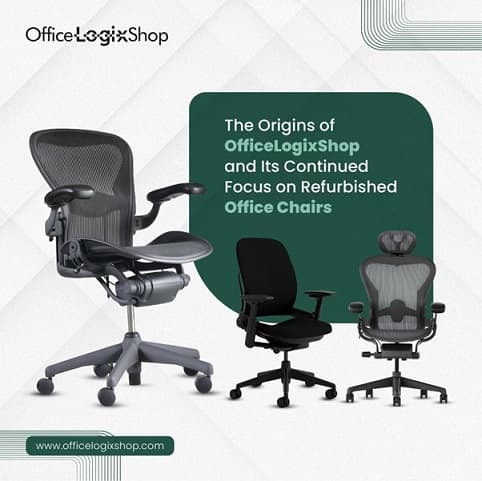
Global efforts to reduce human impacts on the natural environmental must do more to consider the vast ecological footprint that small and medium-sized enterprises (SMEs) have on the planet, according to a new book which advocates for a more united and pragmatic approach from academia, government and society.
Compiled and edited by Dr Aharon Factor alongside Professor John Ulhøi “Sustainability and Small and Medium-Sized Enterprises: Lessons from Mixed Method Research”, brings together the research expertise and thought leadership of key climate-change and sustainability focused experts and academics around the world to focus on the challenges of making the SME sector more sustainable. The book couples this with a practical, business-focused way to understanding how SMEs can be guided to operate in a more ethical and sustainable manner.
According to Dr Factor, these challenges are commonly overlooked by governments and multi-national bodies, whose policies to tackle climate change instead prioritise finding solutions for, and gaining commitments from large-scale corporations and institutions.
This oversight, Dr Factor states, must be corrected for any sustainability efforts to have a tangible impact on the planet.
“After two hundred years of fossil fuel use, land clearance and pollution, the planet’s boundaries have been stretched to their limits. It’s clear that the way we live and work needs to change. However, any attempt to build a more sustainable world becomes problematic if we cannot secure the active involvement of the global business sector as a whole” Dr Factor says.
With SMEs representing more than 400 million businesses around the world, and 90% of all global business, the researchers argue the vital need for both the research community, and society as a whole, to better support their sustainability efforts. Especially, as the researchers say: “SMEs often lag far behind their corporate counterparts in environmental sustainability.”
One of the keys problems highlighted by Dr Factor and Professor Ulhøi, is that building a sufficient level of knowledge about environmental sustainability for SMEs is a complex endeavour, as these businesses differ from larger enterprises in many ways – from business focus and activity to funding, ownership, decision-making, accountability and looser more informal organisational structures.
To tackle this, “Sustainability and Small and Medium-Sized Enterprises: Lessons from Mixed Method Research” suggests that a research approach that has successfully been used in the Health Sciences and Medicine can also be used to provide deeper, richer and more valid information about the sustainability behaviours of the SME owner/managers.
Whilst research in the sustainability and SMEs area has traditionally prioritised hard and tangible quantitative data using surveys and/or mathematical modelling, Dr Factor and Professor Ulhøi’s book suggests the integration of qualitative interviews in the mixed methods approach allows researchers to dig more deeply into the key driving force behind most SME’s activities and output; the manager’s mindset.
“Understanding what motivates, and what may challenge a manager or business owner in altering their business practices is a vital part of ensuring their commitment to working in a more sustainable manner,” Dr Factor says.
To accomplish this, renowned experts such as Dr Ruth Hillary – previously a Senior Researcher at Cambridge University, Founder of the Network for Environmental Management and Auditing (NEMA) and currently a leading Sustainability Strategic Consultant, José Molina-Azorin – Professor at the University of Alicante and Chief Editor of the Journal of Mixed Methods Research, Elizabeth Creamer – Emeritus Professor at Virginia Polytechnic Institute and State University, and President of the Mixed Methods International Research Association, and Dr Timothy Guetterman at the University of Michigan, have provided chapters revealing the perspectives of leading mixed methodologists to researching sustainability.
Ensuring relevance to academics, industry and government, the book also demonstrates how to visually represent quantitative and qualitative data together when reporting data to stakeholders. Other leading contributors also include the Dean of Cape Town Business School, a Senior Researcher from the Swedish Environmental Research Institute and researchers in the SME and Sustainability field. Overall, these contributors show how mixed methods adds value to researching sustainability and how it can be applied to the SME sector.
“For the first time, the book brings together a range of specialists in both sustainability and also mixed method research to ensure we have looked at every angle of this problem,” Dr Factor says. “It is our hope and aspiration that our book will not only promote and add value to researchers in our field, but will also be successful in meeting the global challenges that we all face.”
“Sustainability and Small and Medium-Sized Enterprises: Lessons from Mixed Method Research” is available to buy here.


